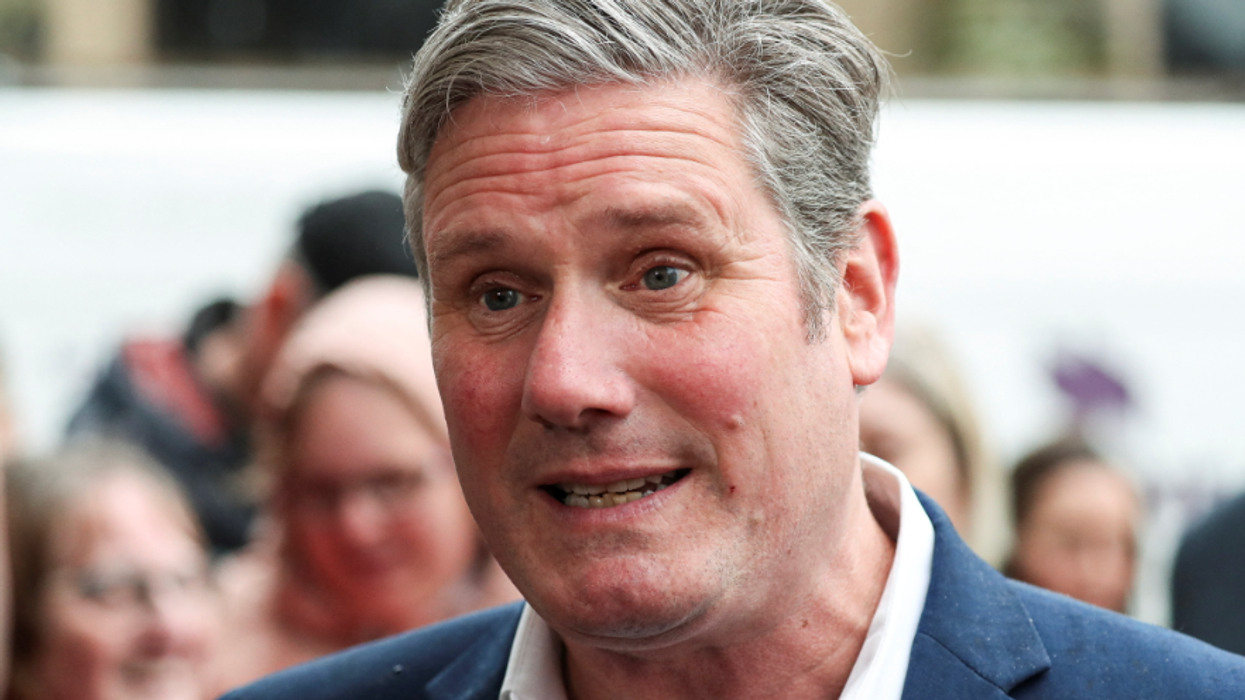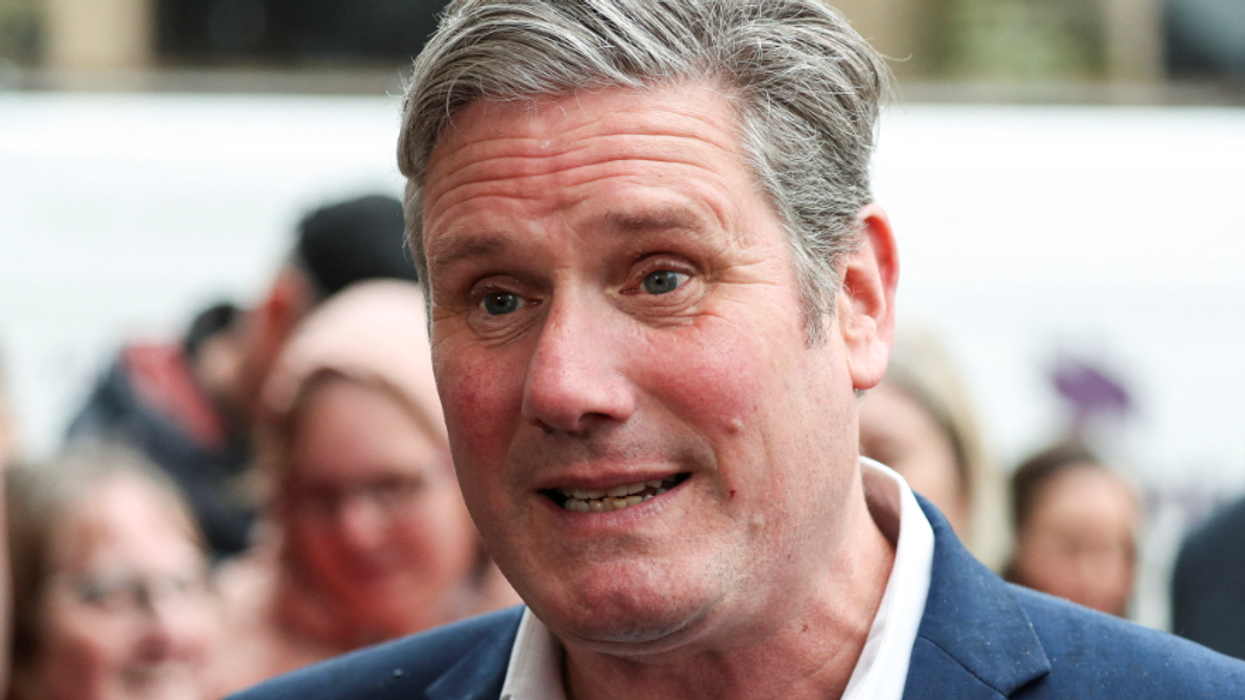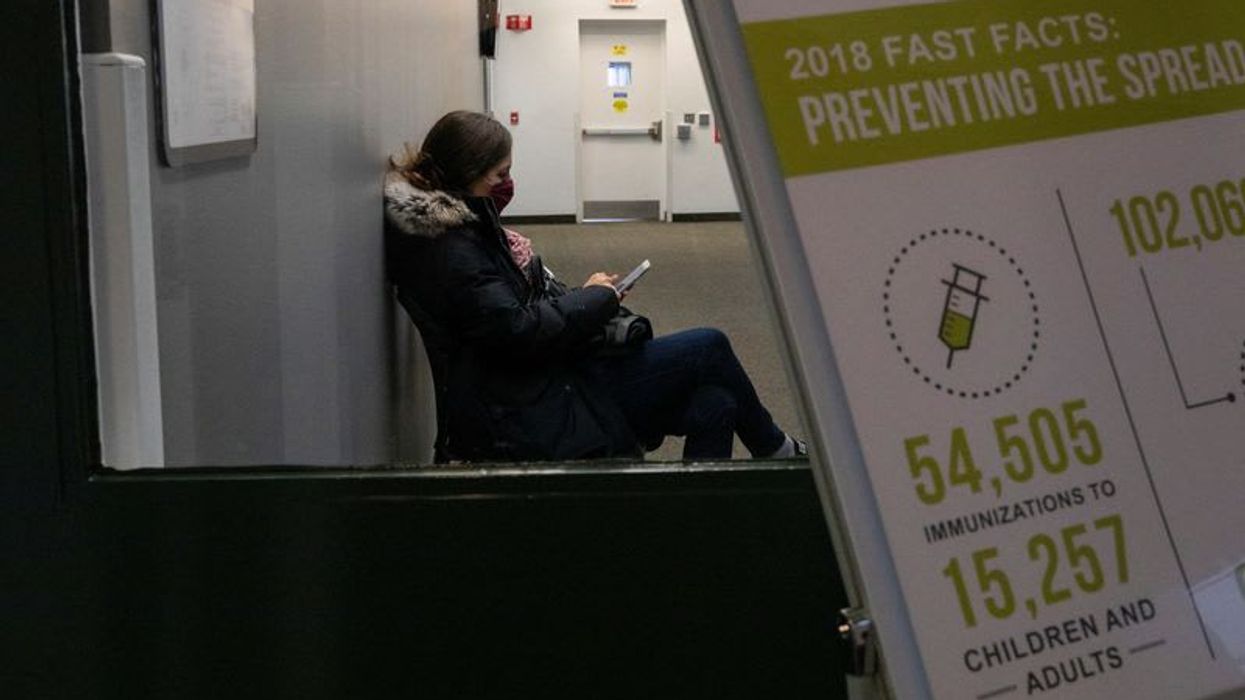Desperate For 'Deals,' Trump Hypes Tiny UK Trade Agreement
Americans are struggling with price increases and economic uncertainty brought on by President Donald Trump’s tariffs, and the situation remains unchanged after Trump announced a supposed “deal” with the United Kingdom on Thursday.
“Together with our strong Ally, the United Kingdom, we have reached the first, historic Trade Deal since Liberation Day,” Trump wrote in a Truth Social post. In another post he characterized the announcement as “full and comprehensive.”
But almost immediately, Trump’s political spin began to fall apart when compared to the facts.
The so-called “deal” will keep in place the blanket 10 percent tariffs that Trump imposed across the world with America’s trading partners, with exceptions for some luxury goods.
Trump got a public relations boost from U.K. Prime Minister Keir Starmer, who highlighted the agreement announcement coinciding with Victory in Europe Day, the day in which the Allies won victory in Europe in World War II. Trump is an antisemite who allies himself with right-wing racists and who praised Nazis as “very fine people.”
In contrast to Trump’s grandiose claims, Agriculture Secretary Brooke Rollins admitted to Fox Business, “It is an agreement in concept. There’s a lot of details to be worked out.”
Economist Justin Wolfers of the University of Michigan threw cold water on the announcement preemptively on Wednesday night during an appearance on CNN.
The United Kingdom is “our eleventh largest trading partner. They account for three, count them 1-2-3, percent of American trade,” he explained, noting that the agreement kept 97% of U.S. trade “up in the air.”
Wolfers also noted that the average tariff levied by the U.K. on goods is one percent, meaning that in the best-case scenario Trump had shifted the tariff from one percent to zero.
On social media Wolfers concluded, “The US is a high tariff country for the foreseeable future, and the trade war continues.”
“About two percent of our imports come from Great Britain. So put me down as kind of skeptical that there is much there there,” Oregon Sen. Ron Wyden said in a CNN appearance on Thursday responding to the announcement. Wyden went on to note that farmers and small businesses in his home state are “hurting” because of Trump’s trade actions.
The agreement also included a carve out for luxury car brands like Rolls Royce and Jaguar, which stood in stark contrast to Trump’s recent demands that American children be deprived of dolls due to his tariffs.
The U.S. conducts just under $150 billion in trade with the U.K. By contrast, the U.S. Trade Representative notes that trade between the U.S. and the European Union is worth $975 billion while trade with China is at $580 billion. Those entities have not bent to Trump despite the tariffs he has imposed on them, which are being passed on to U.S. consumers.
In fact, the European Commission said on Thursday it plans to file an international trade dispute with America at the World Trade Organization, characterizing the Trump tariffs as actions that “blatantly violate fundamental WTO rules.” The commission also said it was considering $107 billion in tariffs on American goods—which would hurt efforts by American companies to sell products overseas.
Consumers are still dealing with increased costs for many goods, including flowers, board games, and toys among other consumer staples. Trump’s announcement with the U.K. was meant to create a splash in the news about a policy that most Americans detest, while the tariffs —and corruption affiliated with tariffs—continues unchecked.
Reprinted with permission from Daily Kos.














